The diets of most insect-eating birds tend to be opportunistic and, to our way of thinking, monotonous. For example, if grasshoppers are plentiful, this is all they will consume until something more palatable comes along... or the grasshoppers move on.
There are some species, though, whose diet consists of one food source their entire lives. This may be due to environmental or genetic circumstances. A good example is the Snail Kite. You guessed it... nothing but snails.
When bugs become a necessity... Please bear with me. I'm not a scientist, so bugs (in this article) means insects, worms, and spiders. You know, the garden creepy-crawlies.
A large number of herbivorous (plants), omnivorous (plant and animal), and even carnivorous (animal) bird species actually alter their diets when under great stress. This also includes nectarivores (nectar)... hummingbirds. During breeding, nesting, and molting they consume huge amounts of insects and spiders - supplementing their normal foods with insects and spiders, or actually replacing them entirely.
Studies have shown that some birds develop diet preferences while they were nestlings. If the food source is still plentiful when it matures, the pattern continues. Seasonal changes soon force a diet change, as will its first molt and its first breeding season.
Interestingly, when birds need nutrition the most, that's when insects and spiders are most plentiful. That's not to say that birds wouldn't benefit enormously from an extra source... you!
How your bird garden can supplement nature's bounty of insects... Well, if you want to get technical, your garden IS part of nature's bounty. But you can also offer earthworms, grubs, and other creepy-crawlies on a "silver platter". Position platform feeders where insect-eating birds would normally find their foods. For example, a few inches above the ground is perfect for Robins, who are ground-foragers.
Bait shops are good sources for worms and grubs, as are some pet stores. Of course, an online search will net you an endless source of suppliers. Just keep in mind the bird species you want to attract to your garden, and give them what they need.
Once they find your gifts, they will continue foraging in your yard. In effect, the insects you place on these platform feeds are appetizers for the real meal in the rest of your yard.
Your reward will be a bird garden full of song and activity. Oh, a wonderful side-effect will be less harmful insects invading your garden... nature's thank-you card.

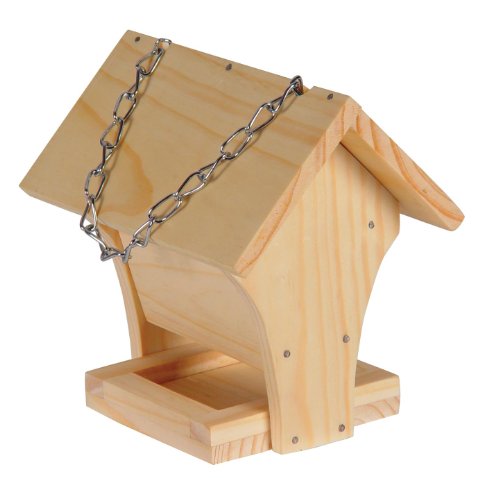 How to Make Edible Bird Houses
We all love to feed the bird
How to Make Edible Bird Houses
We all love to feed the bird
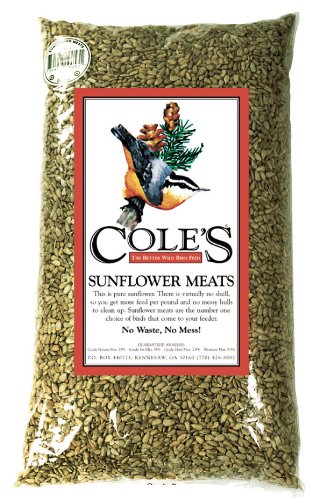 How to Attract European Goldfinches in the Garden
Goldfinches are a real delig
How to Attract European Goldfinches in the Garden
Goldfinches are a real delig
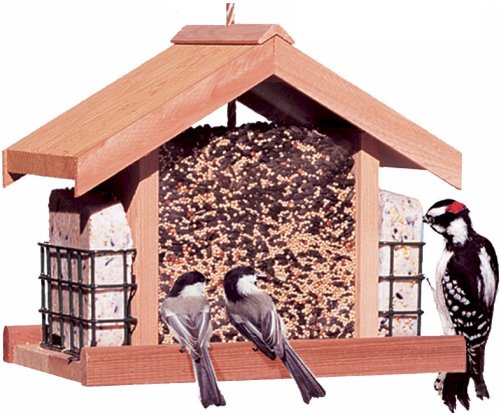 Learn what you need to Breed Indian Ringneck Parrots
Birds are beautifulThere are so many beautiful
Learn what you need to Breed Indian Ringneck Parrots
Birds are beautifulThere are so many beautiful
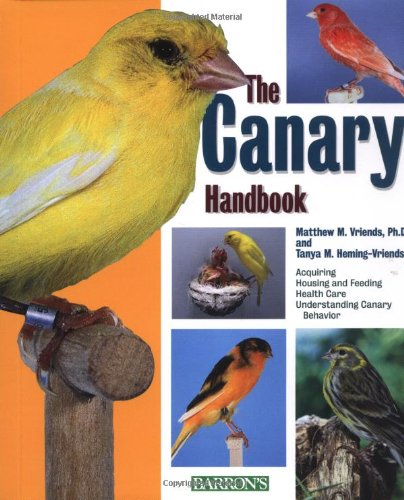 A Beginners Guide to Keeping Canaries
A Guide to Keeping CanariesC
A Beginners Guide to Keeping Canaries
A Guide to Keeping CanariesC
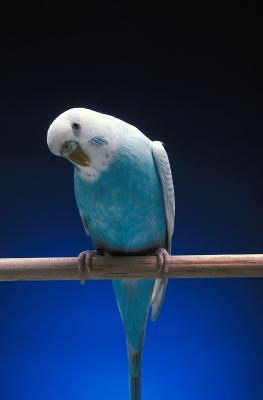 How to Kill Mites in Caged Birds
How to Kill Mites in Caged Birds
How t
How to Kill Mites in Caged Birds
How to Kill Mites in Caged Birds
How t